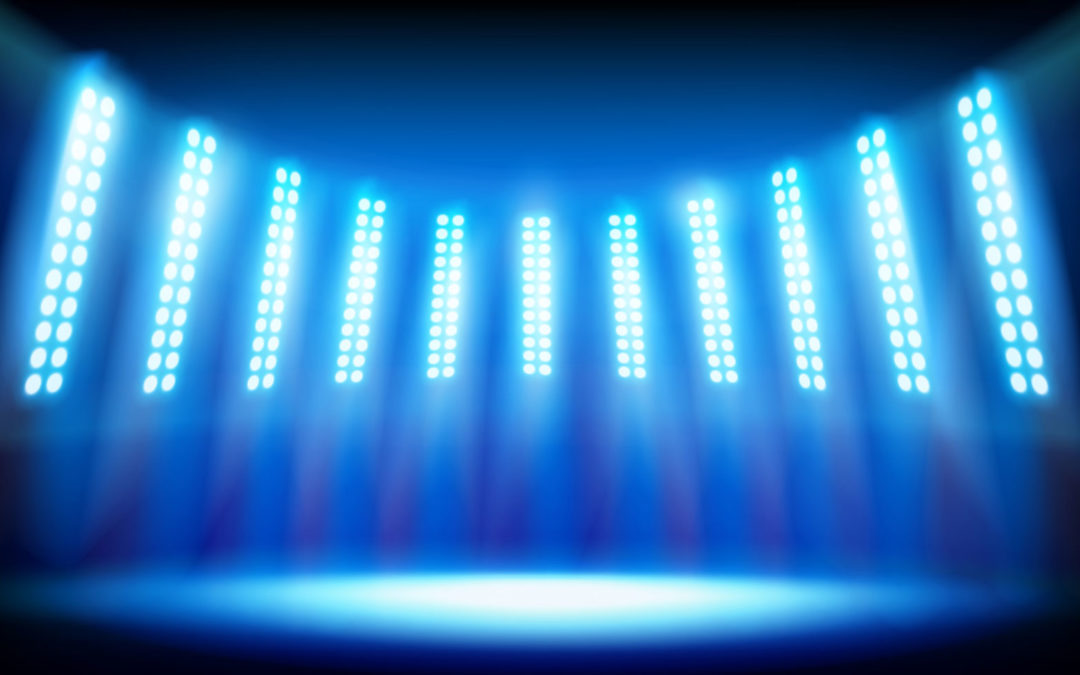With more and more people working from home and sitting in front of their computers for several hours at a time, the effects of blue lights have been heavily studied. Believe it or not, different colors have different wavelengths. The longer the wavelength, the lesser the impact of the colored light on your eyes. For example, red, green, and yellow have a wavelength between 550 to 700, which can heavily impact your eye health.
We already know that violet, or UV, light has negative impacts on our health. So, what about blue light?
Does Blue Light Negatively Impact Your Vision?
Blue light is a visible light on the color spectrum that the human eye can see. Blue light has a very short wavelength, meaning it produces a higher amount of energy. The primary source of blue light is sunlight; however, we encounter many artificial sources of blue light daily. This includes:
- LED lights
- Fluorescent lights
- Computer screen backlights
- Television backlights
How Does Blue Light Affect Your Eyes?
In today’s technology-driven society, hundreds of thousands of people are exposed to blue light daily. Screen time plays a huge factor in exposure. Computer screens, tablets, smartphones, and other electronic devices emit a substantial amount of blue lighting.
Studies suggest that over time, exposure to blue light can cause severe long-term damage to the eyes. Digital eye strain is a temporary discomfort that can cause visual symptoms. Studies suggest that over 50% of patients with signs of digital eye strain attribute their vision problems to extended use of electronic devices. Symptoms include dry eyes, redness, headaches, increased light sensitivity, and blurred vision.
Our eyes see different patterns of light, which are converted into images by the brain. When the light falls on the eye, it goes through the retina and hits the eye’s photoreceptor. The light information is converted into electrical impulses, which are then passed on to the brain through the optic nerve. The brain processes the incoming data into images, allowing you to see the world around you.
Extended exposure to blue light can damage the retina and decreases photoreceptor responses to light. Eventually, this can lead to macular degeneration. Blue light also impacts our circadian rhythm, which can be detrimental to our health. That’s why countless studies say you should refrain from using any electronic device up to one hour before bed.
Blue light suppresses melatonin, the hormone released in our brain to make us sleepy. Poor sleep habits can also cause problems with your vision, like blurred vision and eye fatigue. Blue light also disturbs your hormones that control hunger, leading to a higher risk of obesity.
While the adverse effects of blue light exposure are evident, you can take steps to prevent vision damage. Blue light glasses are readily available throughout the United States. You can also find computer screen covers that limit the amount of blue light emitted from your electronics.
Talk to Your Eye Doctor to Help Limit Blue Light Exposure
Talk to your Palmdale eye doctor for tips to prevent vision problems from blue light exposure. Schedule an appointment with Antelope Valley Eye Care today to get the right advice to protect your vision.
